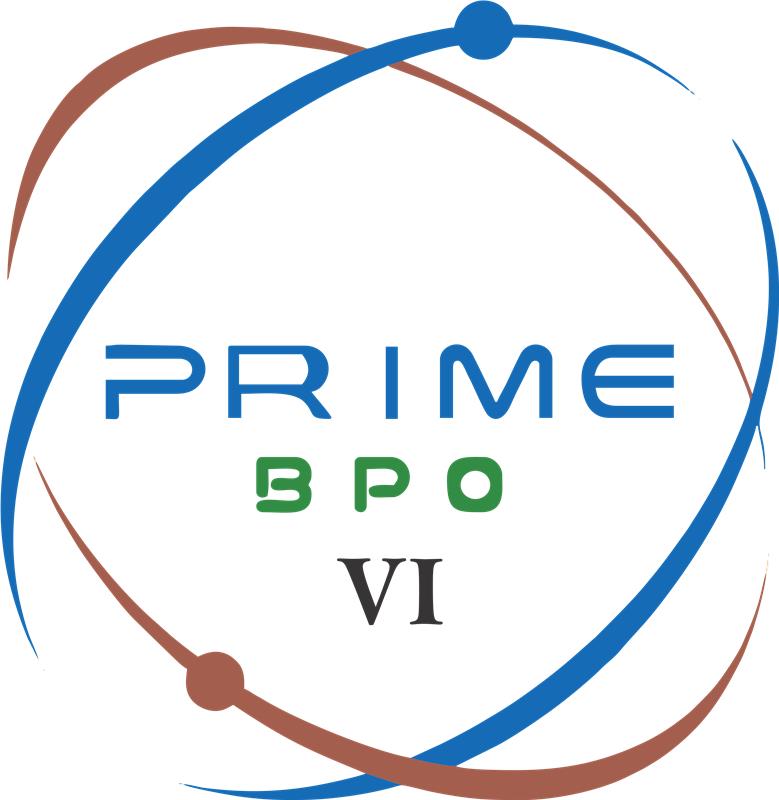In the heart of the customer service world, where every ringing phone call carries the promise of a unique interaction, call centers play a pivotal role. They are the frontlines of support, connecting businesses to their most valuable asset: their customers. With countless inquiries pouring in day and night, maintaining a well-oiled call center operation is no small feat. Productivity, the holy grail of any call center, is the ultimate quest.
We've all been there, haven't we? The frustrating hold music, the seemingly endless transfer of calls, and the distant voices on the other end of the line. But it doesn't have to be that way. In this blog post, we will unveil the five essential strategies to transform your call center into a productivity powerhouse, without losing sight of the all-important customer experience.
Buckle up as we embark on a journey to optimize workforce management, revamp call routing, harness cutting-edge technology, prioritize the well-being of call center agents, and champion the cause of continuous quality. These practical tips will empower your call center to soar to new heights, ensuring a harmonious blend of efficiency and exceptional customer service.
Get Free Quotes
Customized Options Await
Tips to Increase Productivity in a Call Center
1- Optimize Workforce Management
Effective workforce management is the cornerstone of a productive call center. Properly managing your staff can significantly impact productivity. Here are some key strategies:
Forecasting and Scheduling: Use historical data and call volume patterns to forecast busy hours and allocate resources accordingly. Implement efficient scheduling that matches agent availability with peak call times.
Real-time Monitoring: Employ advanced workforce management tools that allow real-time monitoring of agent performance and workload. Adjust staffing levels as needed during peak hours to prevent long customer wait times.
Training and Development: Invest in continuous training and development for your call center agents. Equip them with the skills and knowledge to handle a variety of customer inquiries, reducing the need to transfer calls or escalate issues.
2- Implement Efficient Call Routing
Efficient call routing ensures that customer inquiries are directed to the right agent with the appropriate skillset, reducing handling time and improving customer satisfaction. Consider these strategies:
Skills-Based Routing: Segment agents based on their expertise and skills, allowing incoming calls to be routed to the most qualified agent. This minimizes call transfers and increases first-call resolution.
Interactive Voice Response (IVR): Implement a user-friendly IVR system that guides callers to relevant options, reducing the need for agent intervention for simple queries.
Call Queues: Implement intelligent call queues to prevent overloading agents. Customers on hold should be informed about their expected wait time, providing transparency and reducing frustration.
3- Embrace Technology and Automation
Leveraging technology and automation can significantly increase productivity in a call center:
Customer Relationship Management (CRM) Software: Implement a robust CRM system that centralizes customer data, enabling agents to access relevant information quickly. This enhances the quality of service and reduces handling time.
Chatbots and AI: Use AI-driven chatbots to handle routine inquiries, leaving human agents to focus on complex issues. Chatbots can provide instant responses and gather preliminary information from customers.
Call Recording and Analytics: Utilize call recording and analytics tools to gain insights into call quality, agent performance, and customer feedback. This data can be used for training and process improvement.
4- Prioritize Employee Well-being
A productive call center relies on motivated and content employees. Prioritizing their well-being can lead to increased job satisfaction and productivity:
Comfortable Workspaces: Ensure that agents have ergonomic workstations and a comfortable environment, reducing fatigue and stress.
Recognition and Incentives: Recognize and reward top-performing agents to boost morale and motivation. Incentive programs can encourage healthy competition and drive productivity.
Work-Life Balance: Promote a healthy work-life balance by offering flexible scheduling and time-off policies. This reduces burnout and turnover rates.
Get Free Quotes
Customized Options Await
5- Continuous Quality Monitoring
Regularly monitor and evaluate the quality of calls and customer interactions to identify areas for improvement:
Call Quality Assessment: Implement a call quality assessment program to review recorded calls and provide feedback to agents. Focus on areas like call etiquette, problem-solving, and adherence to company policies.
Customer Feedback: Encourage customers to provide feedback after their interactions with call center agents. Analyze this feedback to identify common pain points and areas that need improvement.
Coaching and Training: Use the insights from quality monitoring to tailor coaching and training programs. Targeted coaching can help agents refine their skills and deliver better customer service.
How to Improve Agent Productivity in a Call Center?
Improving agent productivity in a call center is crucial for providing better customer service and achieving business goals. Here are several effective strategies to boost agent productivity:
Comprehensive Training Programs
- Invest in thorough training for call center agents to equip them with the necessary skills and knowledge to handle a wide range of customer inquiries.
- Provide ongoing training to keep agents up-to-date with product/service information and customer service best practices.
Effective Onboarding
- Develop a well-structured onboarding process for new agents to help them integrate into the team quickly.
- Offer mentorship programs where experienced agents guide and support new hires.
Quality Assurance and Feedback
- Implement a quality assurance program to monitor and evaluate agent performance. Provide constructive feedback and coaching to help them improve.
Optimize Workforce Management
- Use data and analytics to forecast call volume and schedule agents accordingly to match peak call times.
- Monitor real-time call data and make adjustments as necessary to ensure that agents are appropriately allocated.
Skill-Based Routing
- Implement skill-based call routing to direct calls to agents with the expertise to handle specific issues, reducing call transfers and improving first-call resolution.
Use of Automation and Technology
- Utilize Customer Relationship Management (CRM) software to streamline information access and data entry, reducing agent workload.
- Integrate chatbots and AI to handle routine inquiries, leaving agents to focus on more complex issues.
Performance Metrics and KPIs
- Establish clear performance metrics and key performance indicators (KPIs) for agents to track their progress and set targets for improvement.
Motivation and Recognition
- Create an environment that fosters motivation through recognition and rewards for top performers.
- Incentive programs and healthy competition can encourage agents to excel.
Comfortable Work Environment
- Ensure agents have ergonomic workstations and a comfortable working environment to reduce fatigue and stress.
Feedback Loops
- Encourage agents to provide feedback on processes and suggest improvements, as they are often closest to the issues at hand.
Work-Life Balance
- Promote a healthy work-life balance by offering flexible scheduling and support for time-off requests to prevent burnout.
Continuous Improvement
- Continuously evaluate and refine call center processes to eliminate bottlenecks and improve efficiency.
By implementing these strategies, call center managers can create an environment that maximizes agent productivity while maintaining the quality of customer service. It's a delicate balance, but when achieved, it leads to a more efficient and customer-centric call center operation.
The Bottom Line
Increasing productivity in a call center is essential for delivering exceptional customer service and achieving business objectives. By optimizing workforce management, implementing efficient call routing, embracing technology, prioritizing employee well-being, and maintaining a focus on quality, call centers can operate more efficiently while ensuring customer satisfaction remains a top priority. Moreover, implementing these tips will help your call center achieve a perfect balance between productivity and customer service excellence.
Frequently Asked Questions (FAQs)
1- What is the role of agent productivity in a call center's success?
Agent productivity is crucial as it directly impacts customer service quality, cost-efficiency, and overall performance. Productive agents can handle more inquiries effectively and provide better service.
2- How can call centers balance productivity and customer service quality?
The balance between productivity and quality can be achieved by using technology, efficient processes, comprehensive training, and ongoing quality monitoring to ensure that agents can handle inquiries efficiently while maintaining service quality.
3- What are some key performance metrics to measure agent productivity?
Important metrics include Average Handle Time (AHT), First-Call Resolution (FCR), Customer Satisfaction (CSAT), and Service Level (SL). These indicators help in evaluating agent performance and productivity.
4- How can call centers manage spikes in call volume effectively?
Spikes in call volume can be managed by using real-time monitoring and adjusting staffing levels as needed. Predictive analytics can help forecast busy hours to ensure proper resource allocation.
5- What are some best practices for motivating call center agents?
Recognition programs, incentives, and opportunities for career advancement are effective ways to motivate agents. Creating a positive work environment and emphasizing the importance of their role also play a significant role.






